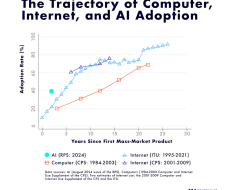Introduction to AI in Digital Marketing
In the rapidly evolving world of digital marketing, Artificial Intelligence (AI) has emerged as a pivotal force, transforming how brands interact with customers and streamline operations. With AI’s capability to analyze data at unprecedented scales and speeds, businesses are now able to deliver personalized customer experiences, enhance decision-making, and optimize marketing campaigns with greater precision.
Understanding AI’s Role in Digital Marketing
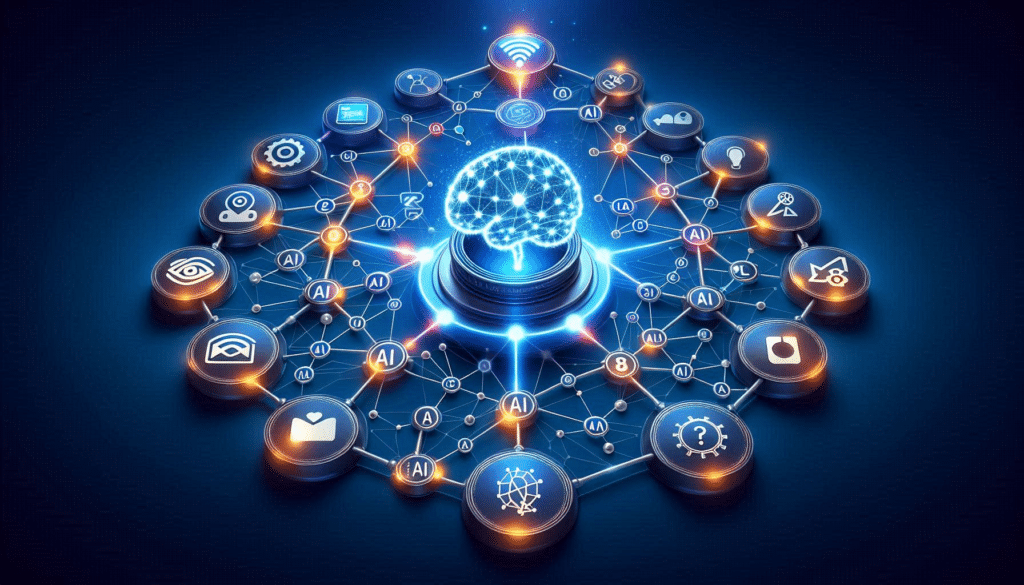

AI in digital marketing involves the use of machine learning, natural language processing, and automation technologies to improve and personalize marketing strategies. AI systems can sift through massive amounts of data to identify patterns and insights that humans may overlook, enabling marketers to target their audiences more effectively.
Data-Driven Customer Insights
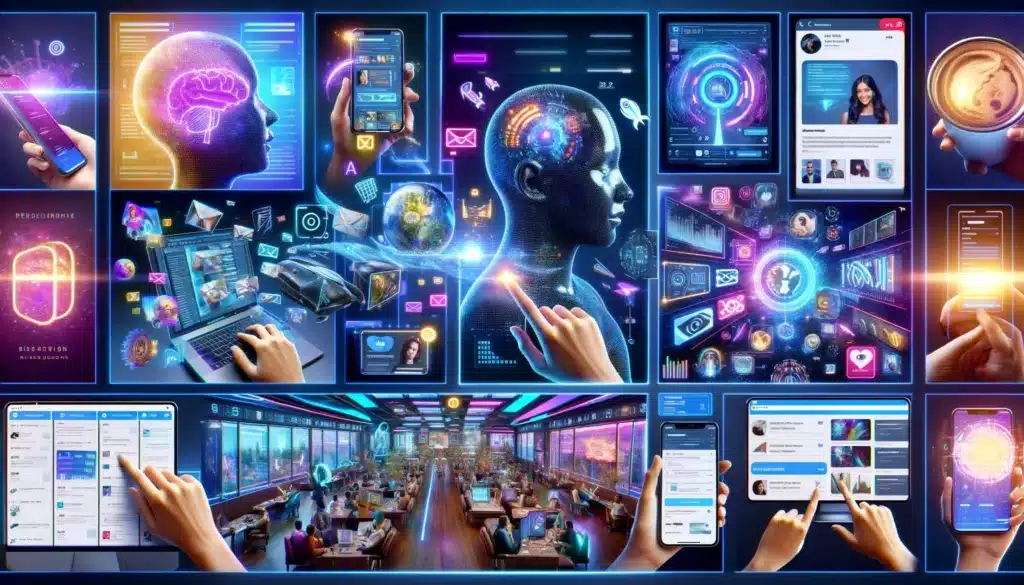

One of the most significant advantages of AI is its ability to process and analyze big data. Marketers can use AI to track user behaviors on websites and social media platforms, interpret customer interactions, and predict future behaviors with machine learning models. This information is crucial for crafting personalized marketing messages, recommending products, and improving customer engagement.
Enhanced Personalization
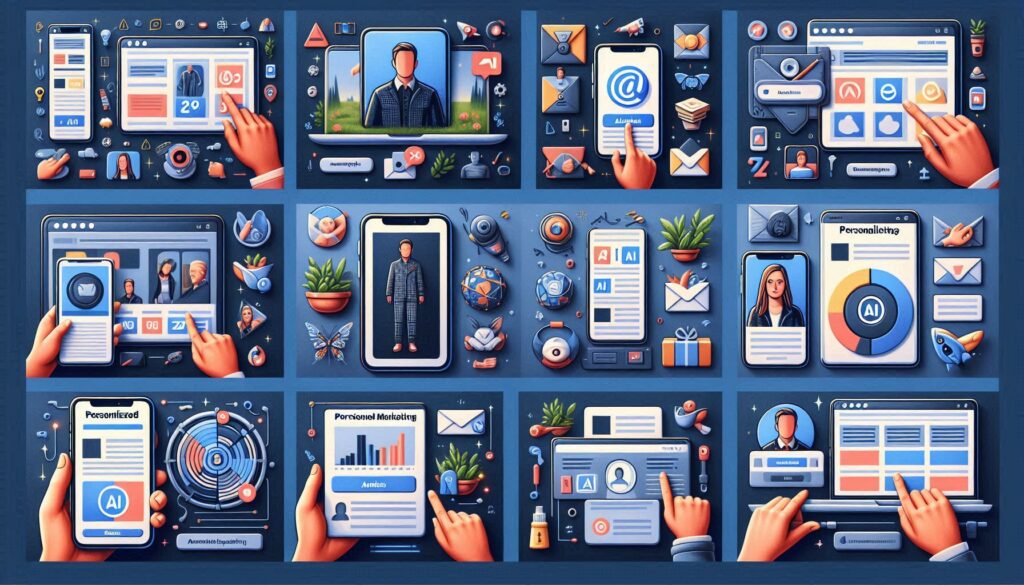

Through AI, businesses can automate the personalization of marketing messages based on individual customer preferences and behaviors. AI analyzes historical data and real-time inputs to suggest content and offers that are most likely to appeal to each customer, significantly boosting the relevance and effectiveness of marketing efforts.
Chatbots and Customer Service
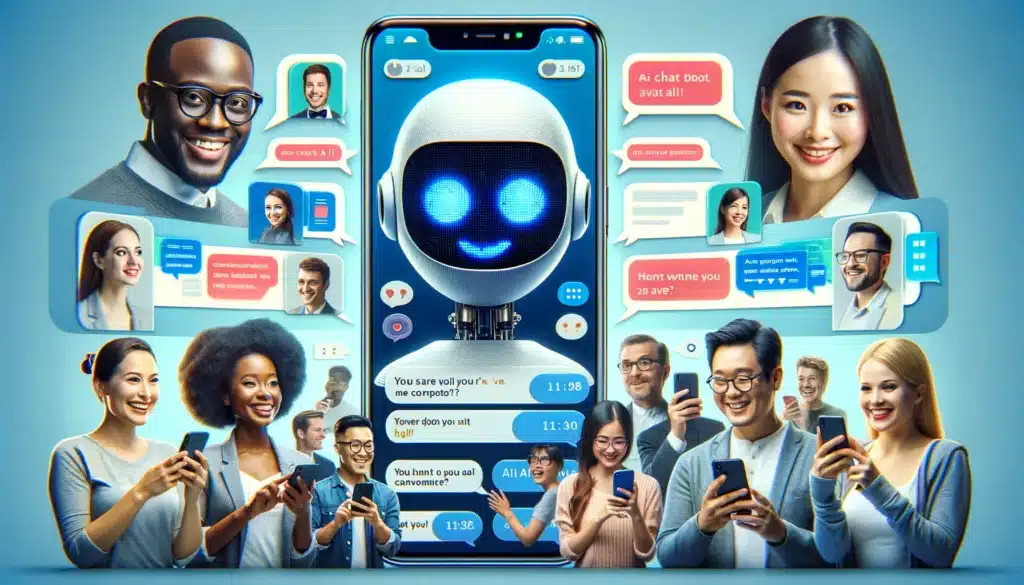

AI-powered chatbots provide instant customer service and support, handling inquiries and problems around the clock. These bots can understand and respond to customer queries, providing information, resolving issues, and maintaining a consistent brand voice. They are designed to learn from each interaction and continuously improve their responses.
Predictive Analytics


AI enhances predictive analytics in digital marketing by forecasting trends and customer behaviors. This allows marketers to anticipate market changes, understand customer needs, and adjust strategies in advance. By predicting the right moments to engage customers, businesses can significantly increase conversion rates.
Streamlining Content Creation


AI’s ability to generate content has revolutionized marketing strategies. AI-powered tools can produce written content, videos, and images that align with brand messaging and appeal to target audiences. This not only speeds up content creation but also maintains a high standard of quality and consistency.
Automated Ad Campaigns


AI systems optimize digital advertising campaigns by analyzing user data to determine the most effective strategies for ad placement and targeting. These systems can manage bids, choose the right platforms, and allocate budgets to maximize ROI. Automation ensures that campaigns are adjusted in real time, responding to user engagement and behavior patterns.
SEO and AI: A Synergistic Relationship
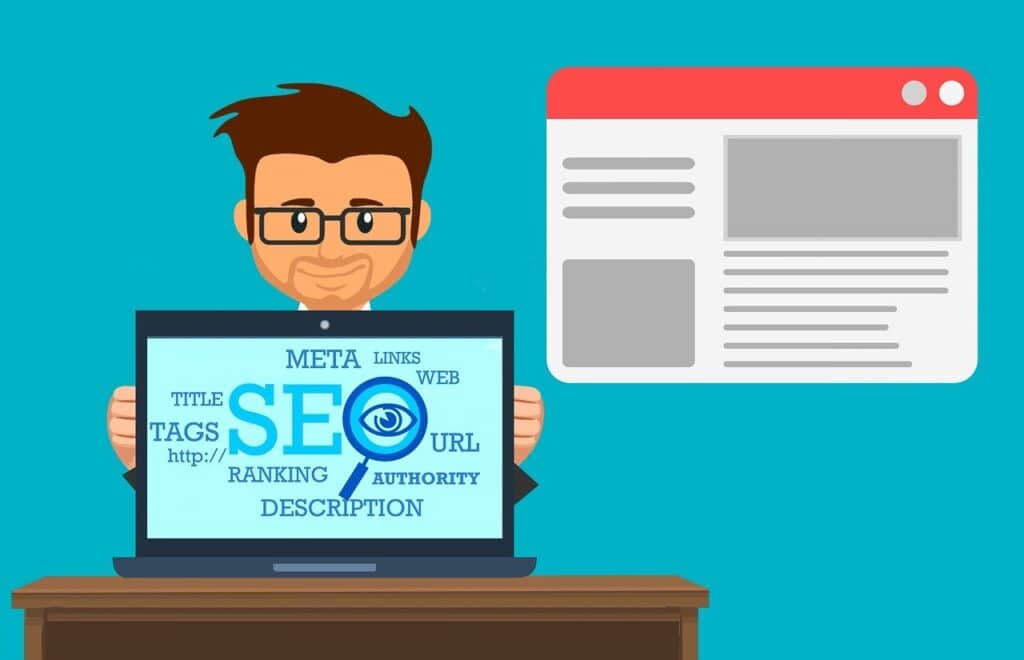

In the realm of search engine optimization (SEO), AI is indispensable for analyzing keywords, backlinks, and content quality to improve website rankings. AI tools monitor SEO performance and suggest adjustments needed to content, structure, and strategies to better meet search engine algorithms’ requirements.
AI in Email Marketing
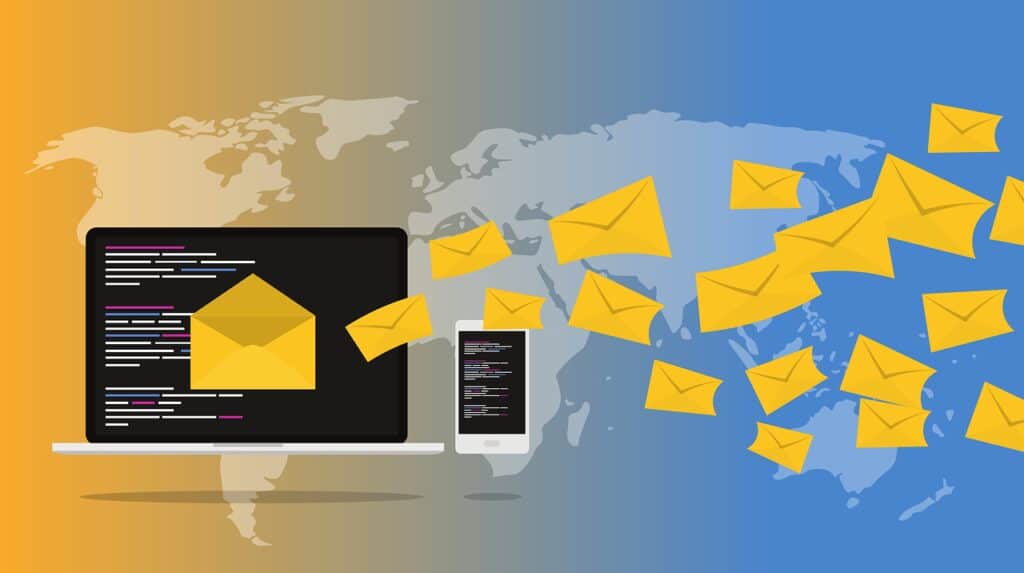

AI transforms email marketing strategies with automation and personalization at scale. By analyzing how users interact with emails, AI can help optimize send times, content, subject lines, and calls to action, significantly improving open and conversion rates.
AI and Social Media Marketing


The integration of AI into social media marketing has revolutionized how businesses engage with their audience online. AI tools analyze social media data to understand consumer behavior and sentiments, allowing marketers to craft targeted ads, create personalized content, and engage directly with users at an individual level.
Targeted Advertising


AI algorithms can analyze user data from social media platforms to create highly targeted ad campaigns. By understanding user interests, behaviors, and connections, AI helps in delivering ads to the users most likely to convert, increasing the effectiveness of social media ad spend.
Content Optimization
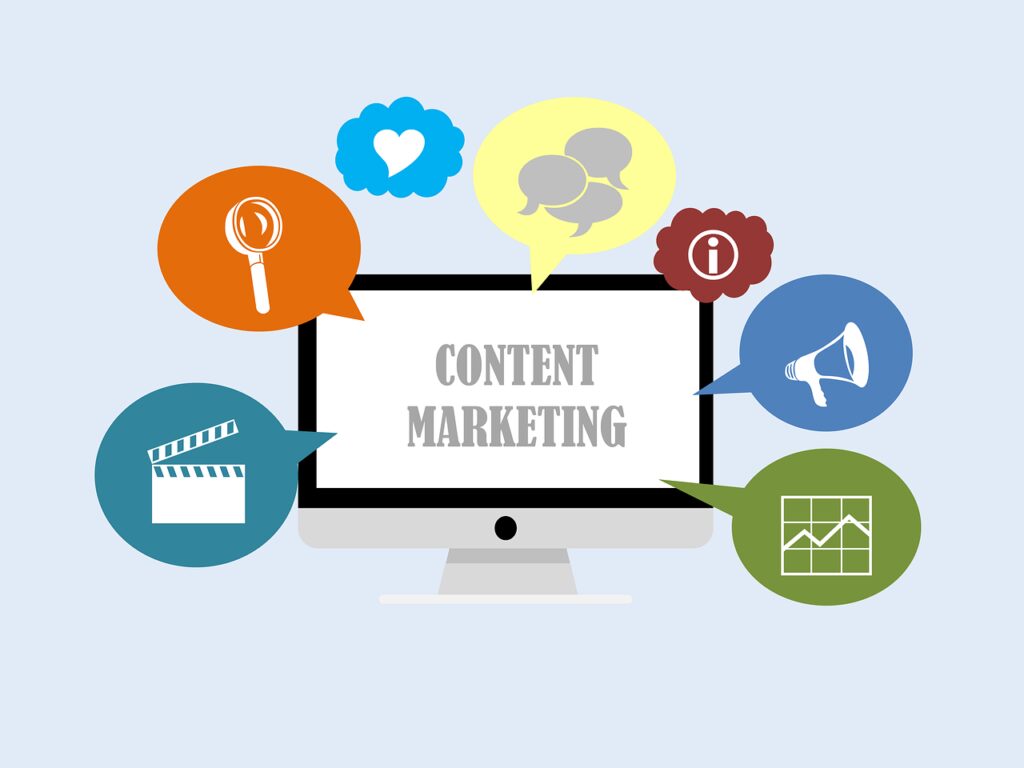

AI tools help in optimizing content for social media by analyzing engagement data and identifying patterns that predict content performance. This includes determining the best times to post, the types of content that resonate with specific audiences, and the voice and tone that best engage users.
Influencer Collaboration


AI can streamline the influencer selection process by identifying the most compatible influencers for a brand’s target audience. By analyzing an influencer’s followers, engagement rates, and content style, AI helps brands collaborate with influencers who can authentically incorporate their messages and maximize campaign reach.
AI and Paid Search


AI’s impact on paid search advertising significantly enhances campaign efficiency and effectiveness. By automating bids, optimizing keywords, and personalizing ads based on user data, AI not only saves time but also maximizes return on investment.
Automated Bidding Strategies


AI algorithms automatically adjust bids in real-time to maximize ad performance based on campaign goals. Whether aiming for maximum clicks, conversions, or balanced spending, AI-driven tools can dynamically recalibrate bids to meet these objectives more effectively than manual adjustments.
Keyword Optimization
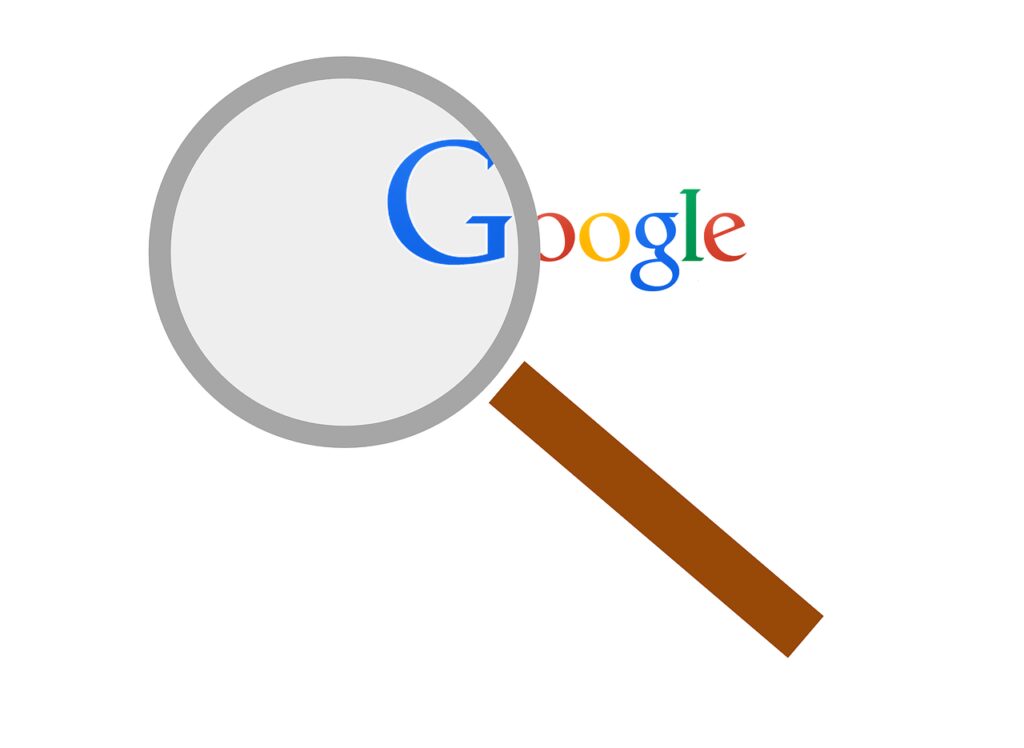

Using machine learning, AI can analyze search queries and user behavior to identify winning keyword combinations and negative keywords. This helps refine ad targeting, reduce wasted spend, and improve ad performance by ensuring ads appear for the right searches.
Personalization at Scale


AI excels in personalizing ad content to individual users based on their search histories, buying behaviors, and demographic information. Personalized ads are more engaging, leading to higher click-through rates and better conversion rates.
Challenges and Ethical Considerations
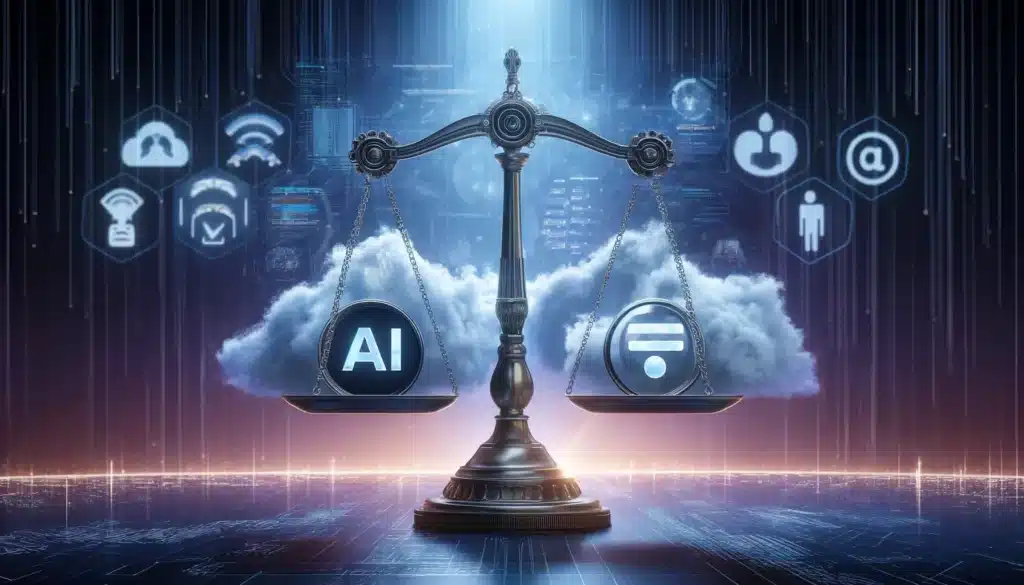

While AI presents numerous opportunities, it also brings challenges and ethical considerations. Privacy concerns, data security, and the potential for bias in AI algorithms are critical issues that businesses must address. Companies need to be transparent about their use of AI and ensure they are using it responsibly to maintain trust with their customers.
Future Prospects of AI in Digital Marketing


Looking ahead, AI is set to become even more integrated into digital marketing. Innovations such as augmented reality (AR), virtual reality (VR), and more advanced machine learning models will further enhance personalized marketing experiences and operational efficiency. As AI technologies evolve, they will continue to redefine the boundaries of what is possible in digital marketing.
Conclusion
AI in Digital Marketing is not just a trend but a significant evolutionary step in the digital domain. By embracing AI, marketers can not only keep up with the pace of change but also anticipate future trends, offering unmatched customer experiences. As AI continues to evolve, its profound impact on digital marketing strategies will undoubtedly become more pronounced, driving innovation and effectiveness across industries.
Please note, that the author may have used some AI technology to create the content on this website. But please remember, this is a general disclaimer: the author can’t take the blame for any mistakes or missing info. All the content is aimed to be helpful and informative, but it’s provided ‘as is’ with no promises of being complete, accurate, or current. For more details and the full scope of this disclaimer, check out the disclaimer page on the website.


